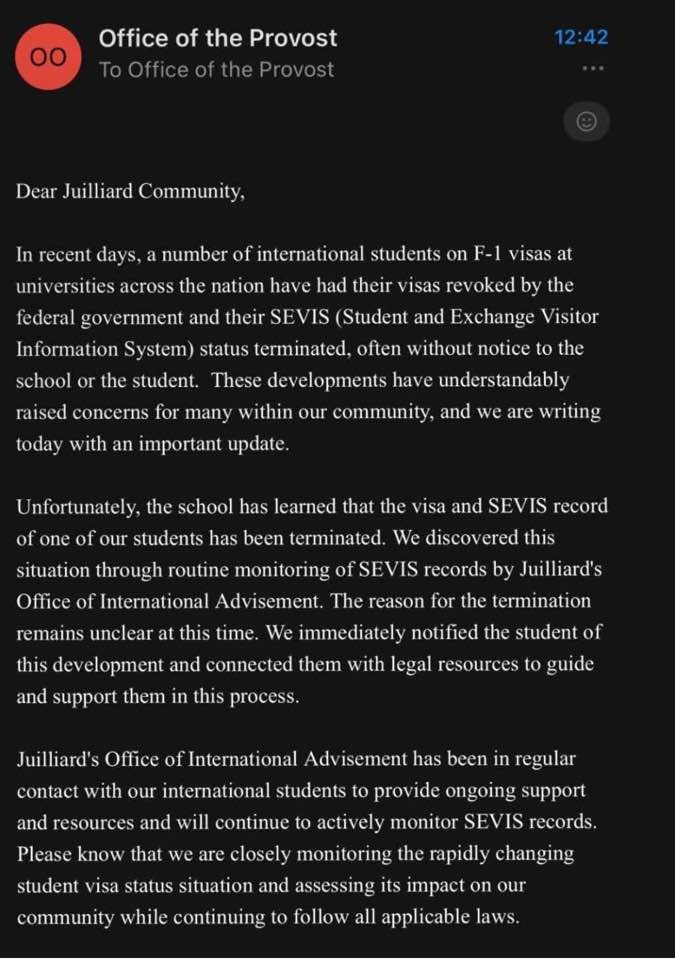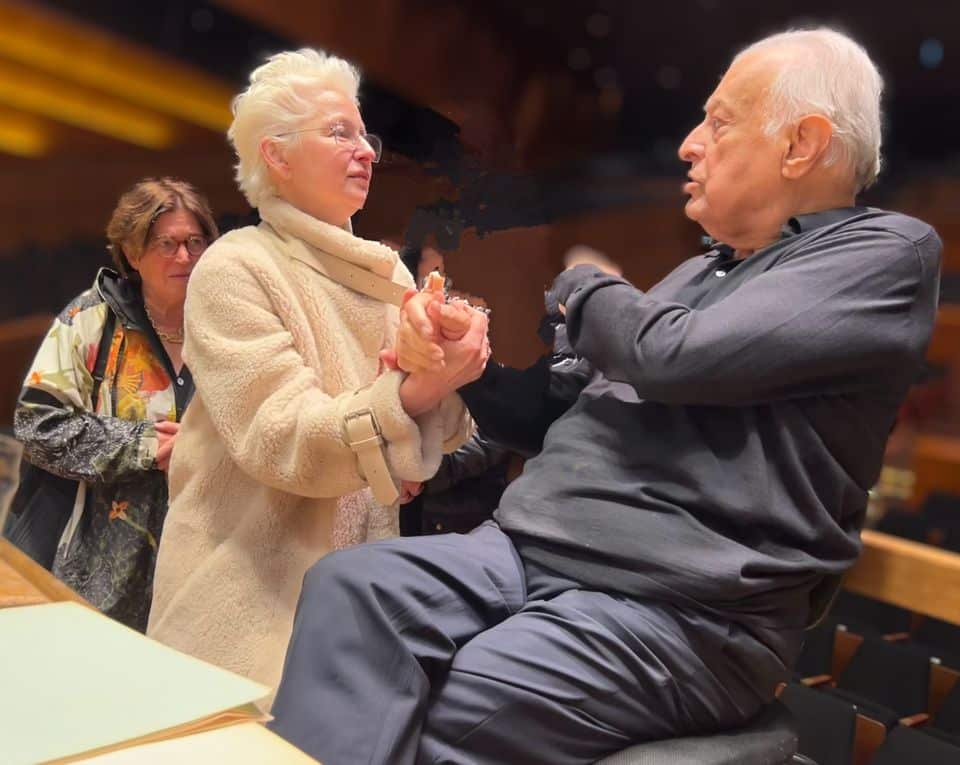Look, no women: it’s the Vienna Philharmonic in Beijing
mainAnd the chairman prattles on about Vienna’s gift to mankind.
Oh, hang on, is that a token woman playing piccolo?

And the chairman prattles on about Vienna’s gift to mankind.
Oh, hang on, is that a token woman playing piccolo?

The alarming letter below went out last night…

Scanning the list of council members who signed…

Message from Bavarian State Opera: It is with…

We understand that Daniel Barenboim was well enought…

Session expired
Please log in again. The login page will open in a new tab. After logging in you can close it and return to this page.
Comments